NON- DRUG TREATMENT
In mid-May 2023, patient NTT (52 years old, residing in Tan Phu District, Ho Chi Minh City) went to Ho Chi Minh City University of Medicine and Pharmacy Hospital for an appointment. Meeting the reporter in the hallway of the Department of Neurosurgery, he said he had had pain in his right shoulder and back since he was 18 years old. The pain lasted for 1-2 days and then went away, so he did not go to the doctor, thinking that it was because he worked as a tailor. Recently, he had high blood pressure and a stroke, causing numbness on the right side of his head.
At the University of Medicine and Pharmacy Hospital in Ho Chi Minh City, the results of the imaging diagnosis showed that there was thick fatty tissue pressing on the nerves in the back of the shoulder, so he was admitted to the Department of Neurosurgery for magnetic waves. "After 4 times of magnetic waves on the head, the pain in the back and shoulders was relieved, and no medication was needed. Blood pressure was also more stable, and no longer needed to take medication twice a day like before. In particular, the sequelae of numbness in the right face due to the stroke were also reduced," said patient NTT. After 2 weeks of treatment, Mr. T. now goes for treatment once a week. When the disease is stable, he will have a periodic check-up once a month.
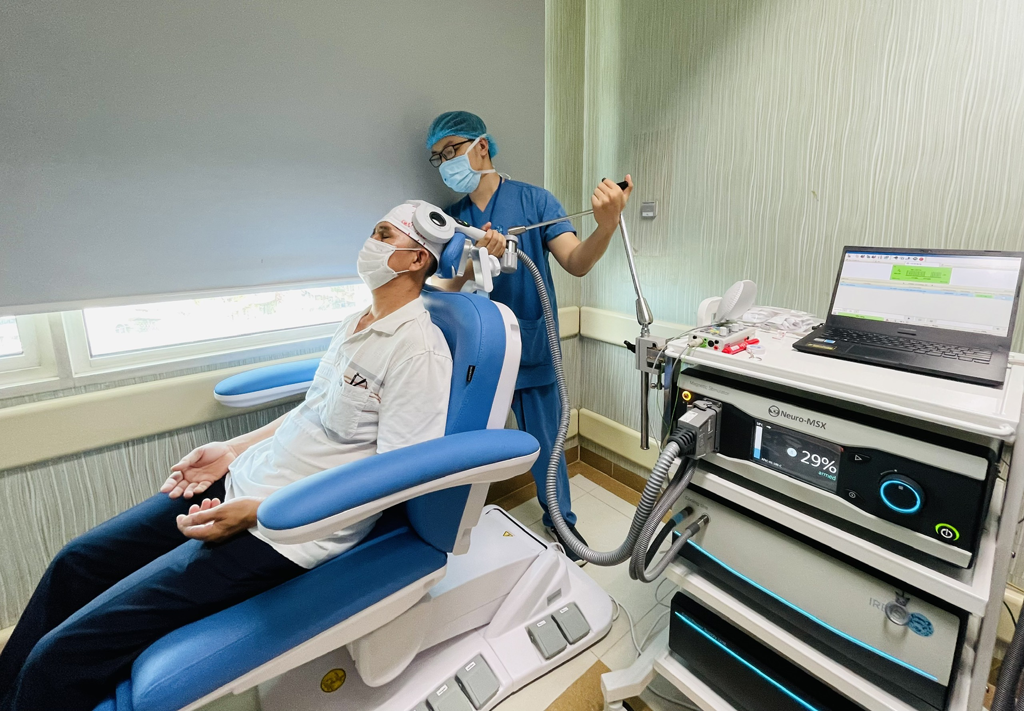
Patients treated with magnetic waves
In early May 2023, patient D.TNM (20 years old, residing in District 3) was taken by his family to Tam Anh General Hospital, Ho Chi Minh City, with the following symptoms: often talking about death, wanting to be alone, not cooperating, not interested in daily activities. In addition, the patient also self-harmed to reduce negative emotions. The patient was treated with 6 continuous courses of magnetic waves, each course lasting 5 days, once a day. After that, the patient was treated 1-2 times a week until the symptoms disappeared. After the first course, the doctor assessed the patient's prognosis as good. The patient almost no longer had the symptoms as before, slept better and was happier. As for patient M., she shared: "At first, when I heard about transcranial magnetic stimulation, I was hesitant. However, the first time, the procedure was quick, no injections and no pain, so I was very reassured."
GOOD EFFICIENCY
Dr. Le Viet Thang, Head of the Pain Treatment Unit, Department of Neurosurgery, University of Medicine and Pharmacy Hospital, Ho Chi Minh City, said that the new magnetic wave treatment technique has been deployed by the hospital, applied with the goal of being non-invasive. When brain cells are sick, two problems will occur: the first is stimulation, the second is inhibition. The principle of the magnetic field will transform brain cells to function in a normal manner. Therefore, if brain cells are inhibited, the magnetic wave will stimulate them, or if brain cells are being stimulated, the magnetic wave will inhibit them to become normal. Because the brain cells return to normal function, it will make the patient's other symptoms more stable. However, with underlying diseases, patients still have to comply with parallel treatment.
Dr. Thang added that according to the US Food and Drug Administration (FDA), this technique is most commonly prescribed for the treatment of depression, post-traumatic brain injury, alcohol and tobacco addiction. In addition, the European and American Neurological Associations also recommend its use for neuralgia, headaches, sleep disorders, dementia, epilepsy, and anxiety disorders.
"Currently, 15-20 patients come for treatment every day. The good news is that the initial research results are quite positive: 70% of patients are highly satisfied with the treatment results; 10-20% are satisfied; less than 10% have not achieved the desired results. Therefore, the hospital continues to conduct further research to achieve a better satisfaction rate," said Dr. Thang, adding that there are currently quite a lot of patients with anxiety disorders, depression, and insomnia after Covid-19 and this technique is good for them.
"Large multi-center studies around the world show that this technique is harmless and has a safety rate of over 90%. However, incorrect use will cost patients money. If the treatment regimen is not followed correctly, it will stimulate brain cells and cause seizures. Only use it when a specialist has properly assessed the disease and treated it with the correct regimen," Dr. Thang advised.
In addition, this technique is contraindicated in postoperative patients with screws in the brain, stroke symptoms within 1 month, and severe hearing problems. Therefore, patients need to be examined and evaluated before performing.
Regarding the magnetic wave treatment regimen, the patient will first be treated for 5 days, then re-evaluated. If the patient responds to the treatment, the full 10-day regimen will be completed. Next, it will be once a week for 4 weeks. Finally, it will be once a month. For patients who do not respond to the treatment within the first 5 days, the disease will be re-evaluated and the regimen will be changed to a more appropriate choice.
Dr. Le Viet Thang
Source link




![[Photo] Prime Minister Pham Minh Chinh chairs meeting to discuss tax solutions for Vietnam's import and export goods](https://vstatic.vietnam.vn/vietnam/resource/IMAGE/2025/4/10/19b9ed81ca2940b79fb8a0b9ccef539a)


![[Photo] Phuc Tho mulberry season – Sweet fruit from green agriculture](https://vstatic.vietnam.vn/vietnam/resource/IMAGE/2025/4/10/1710a51d63c84a5a92de1b9b4caaf3e5)
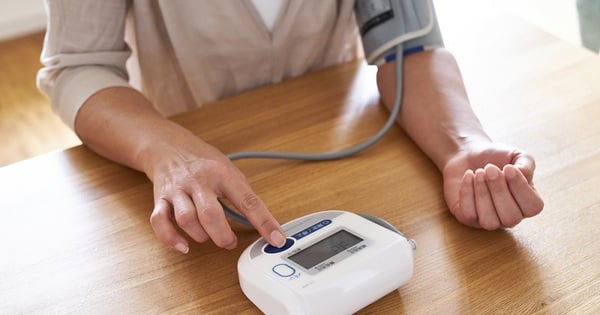

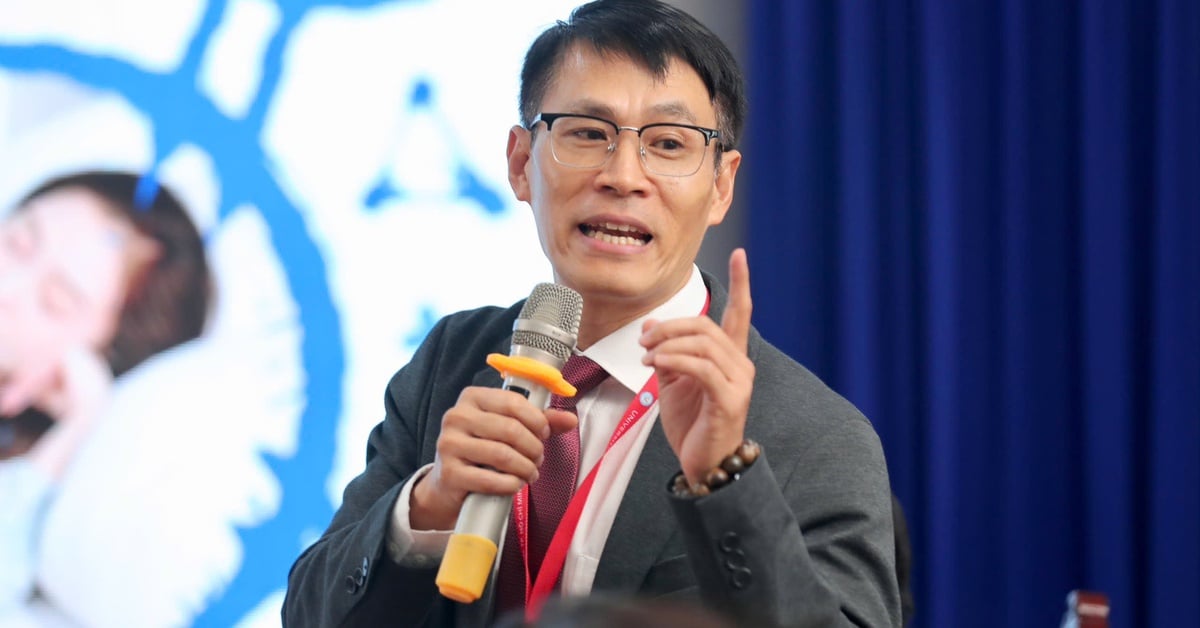

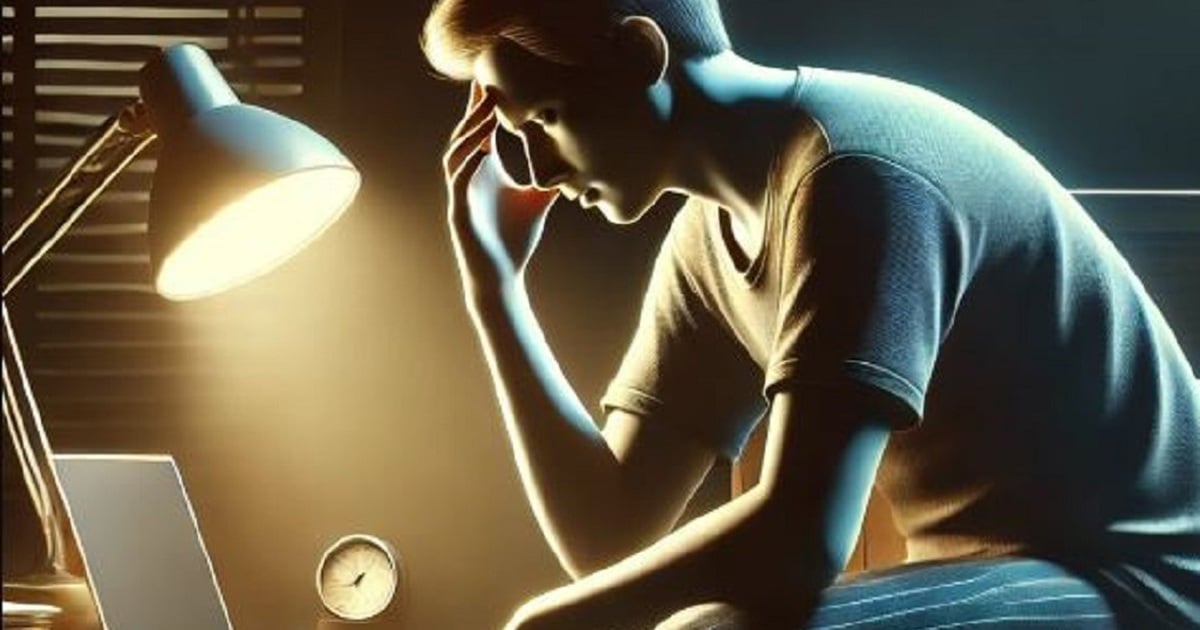

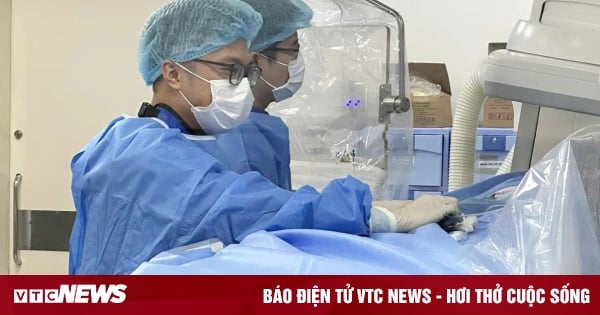

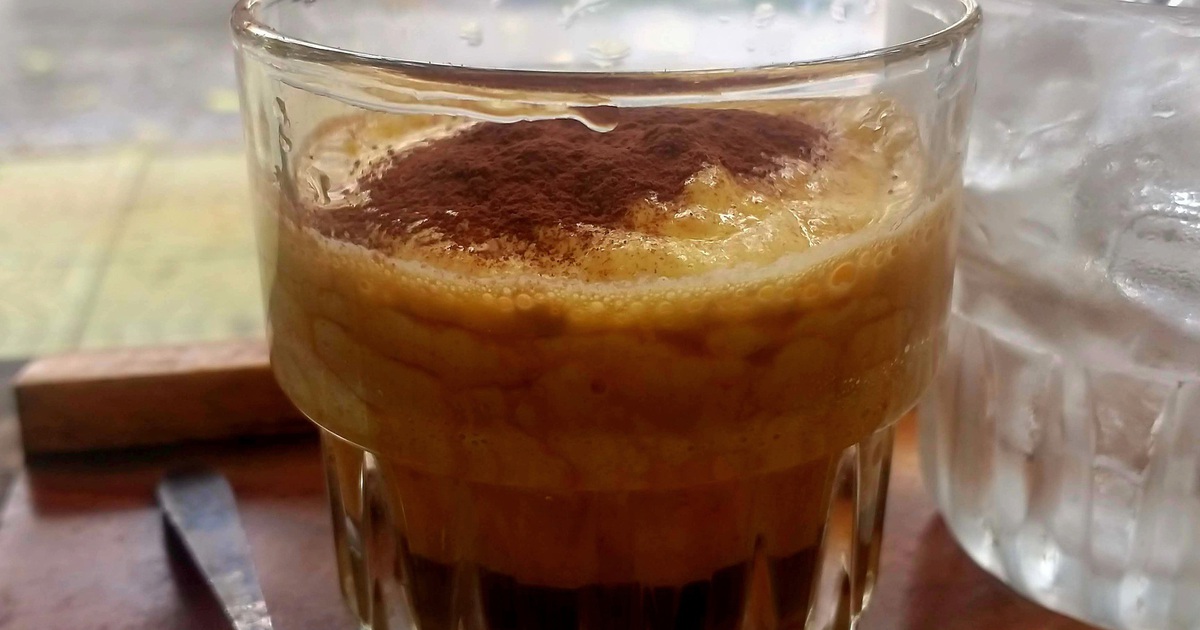

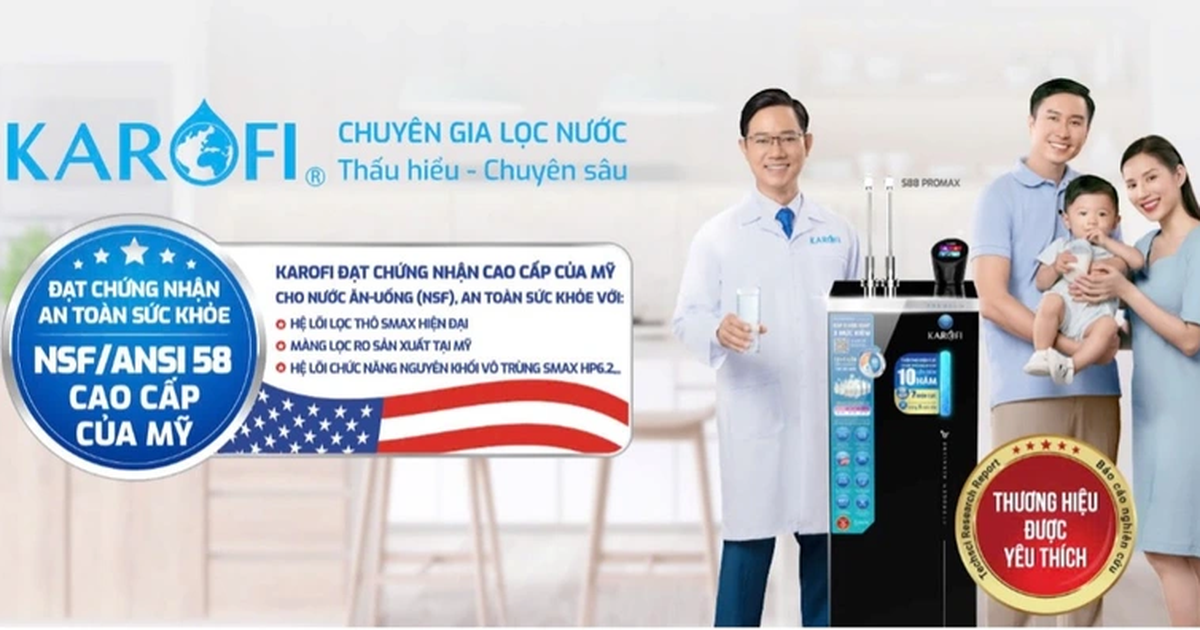








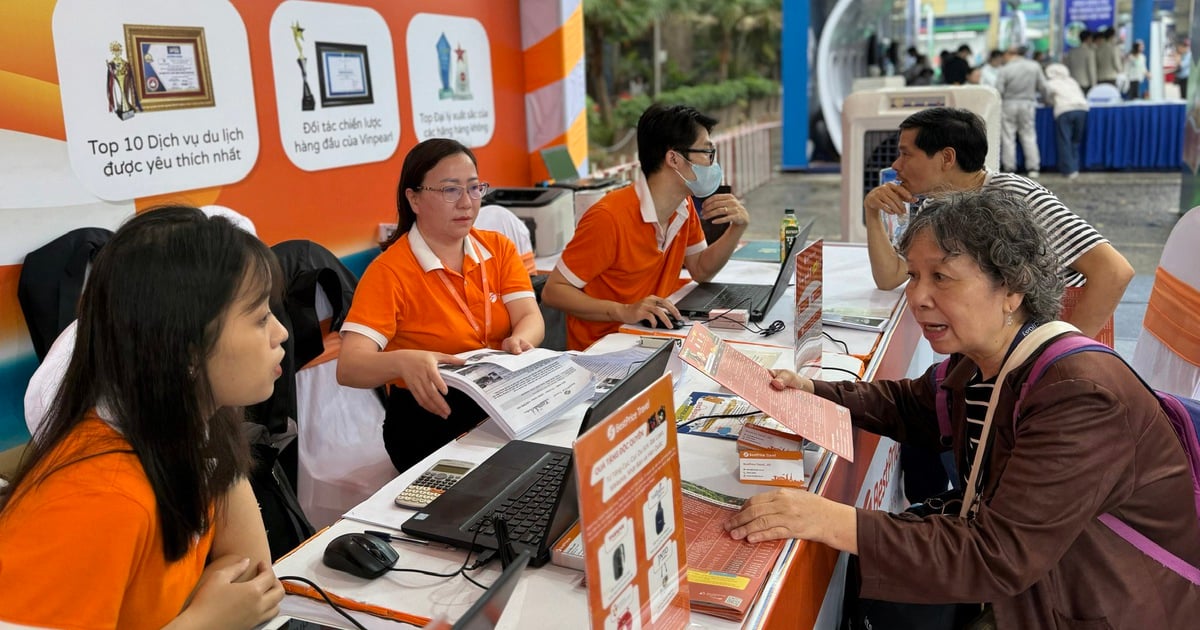
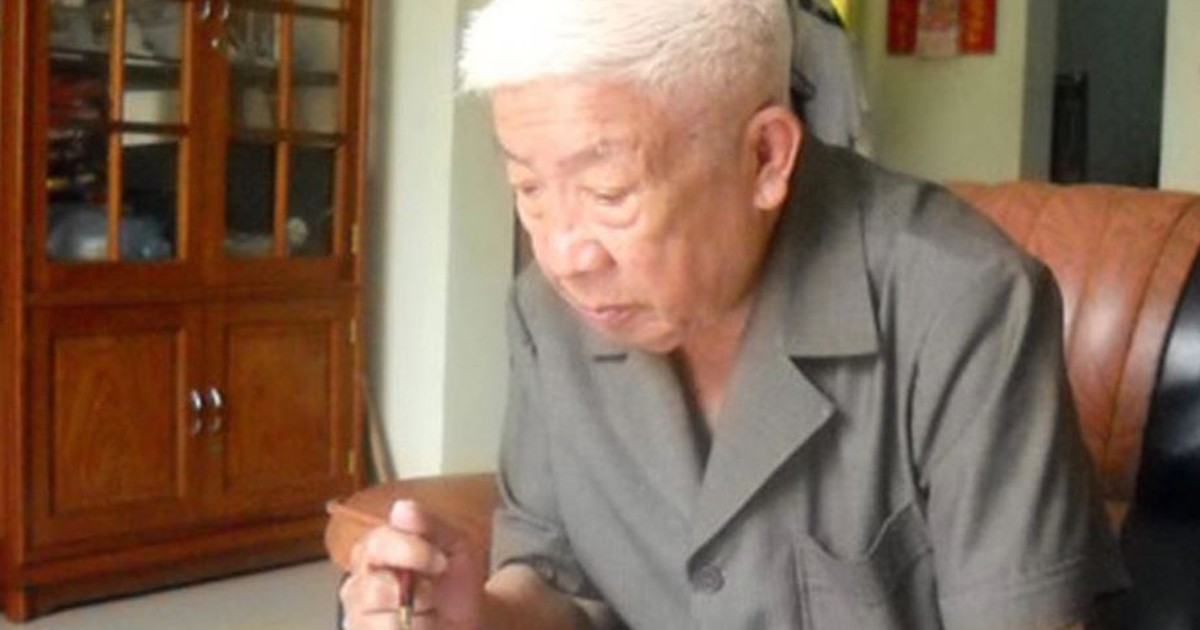



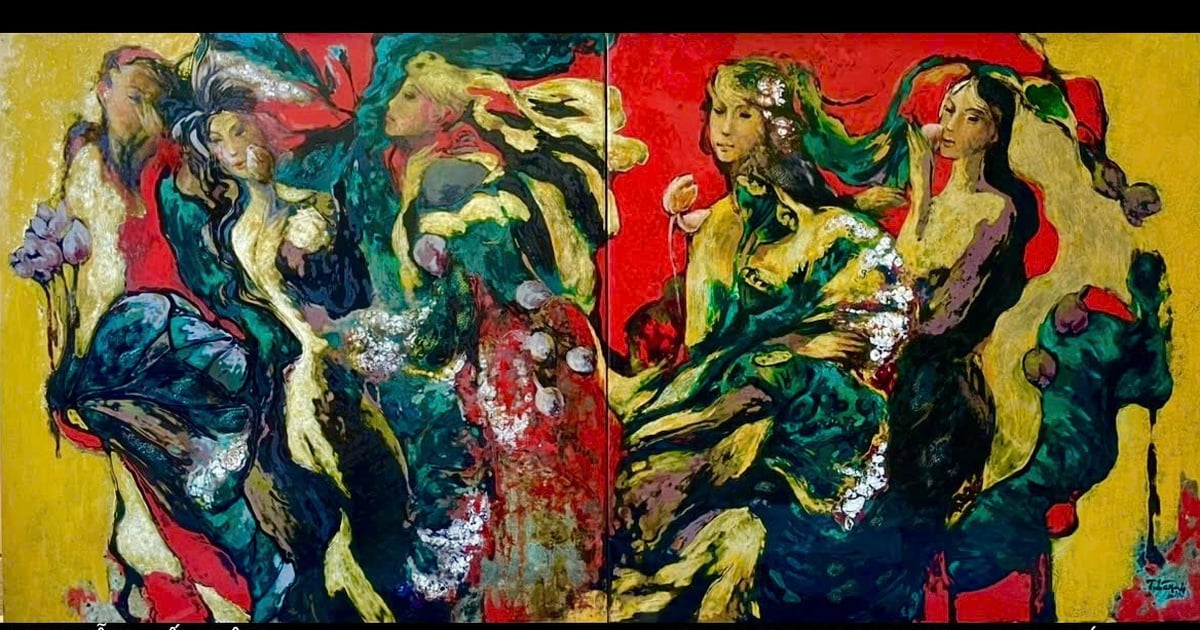
![[Photo] Unique folk games at Chuong Village Festival](https://vstatic.vietnam.vn/vietnam/resource/IMAGE/2025/4/10/cff805a06fdd443b9474c017f98075a4)




































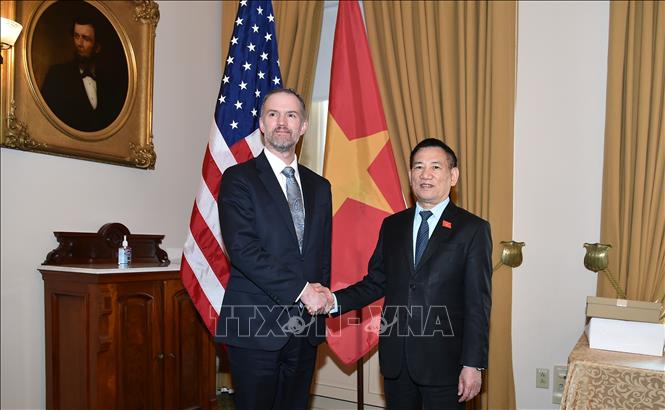














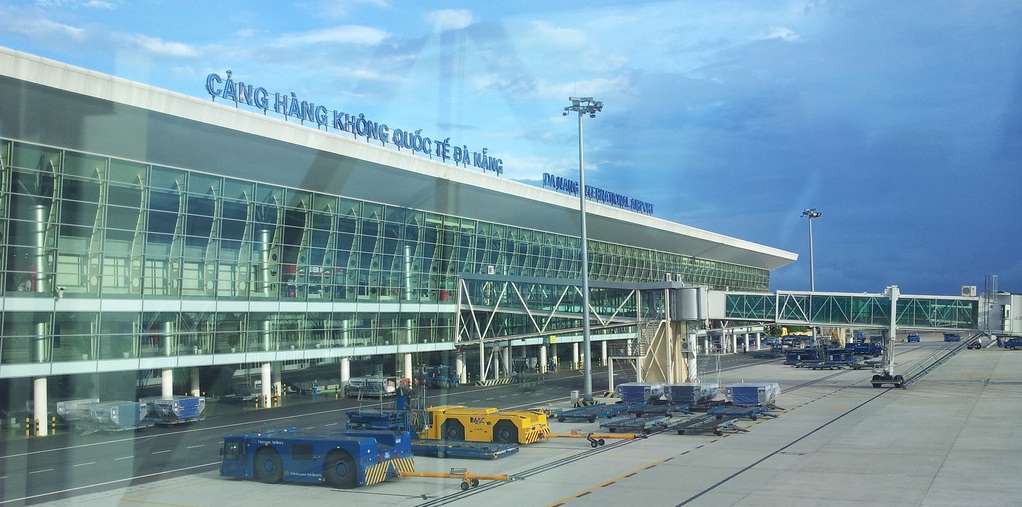




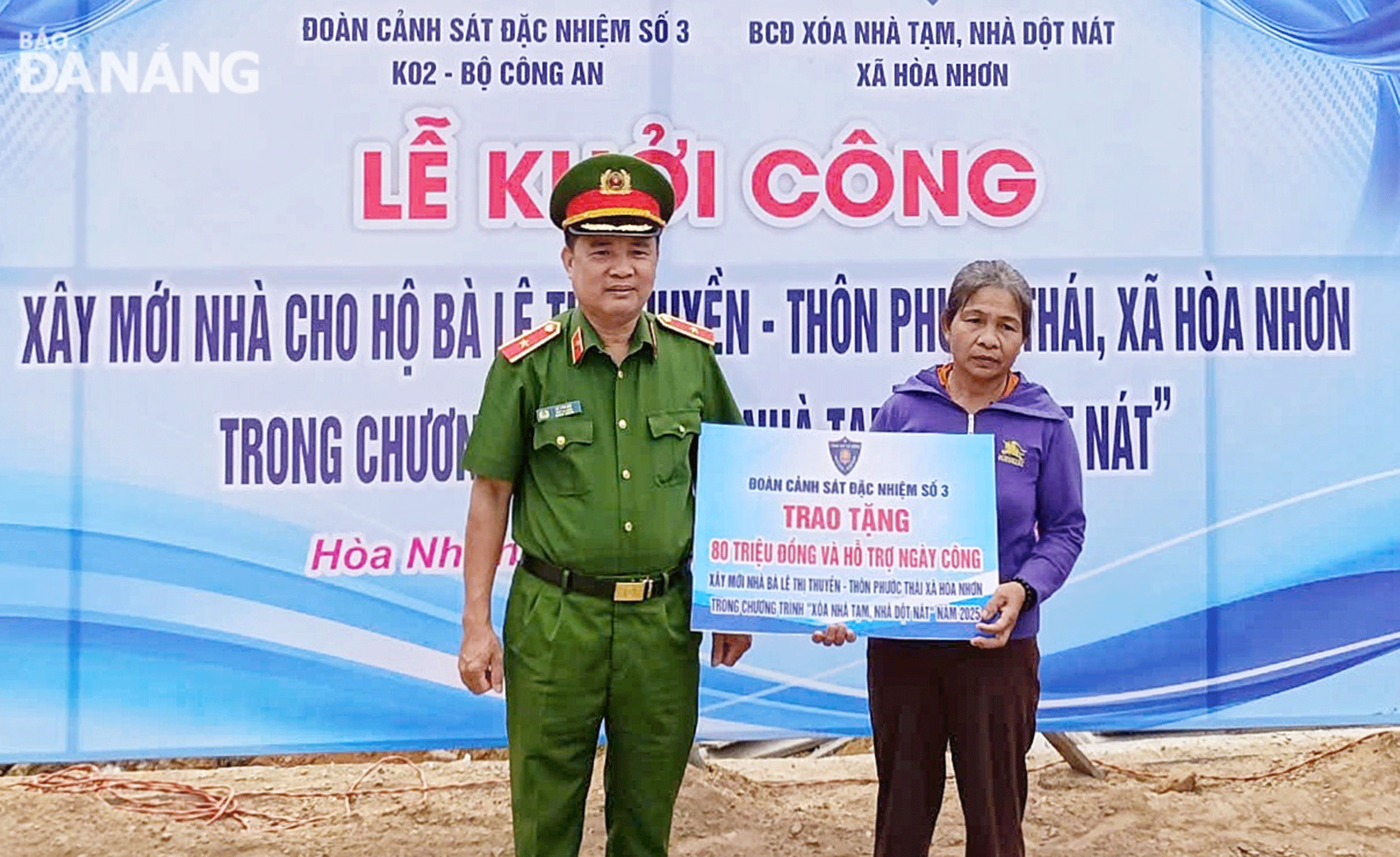







Comment (0)